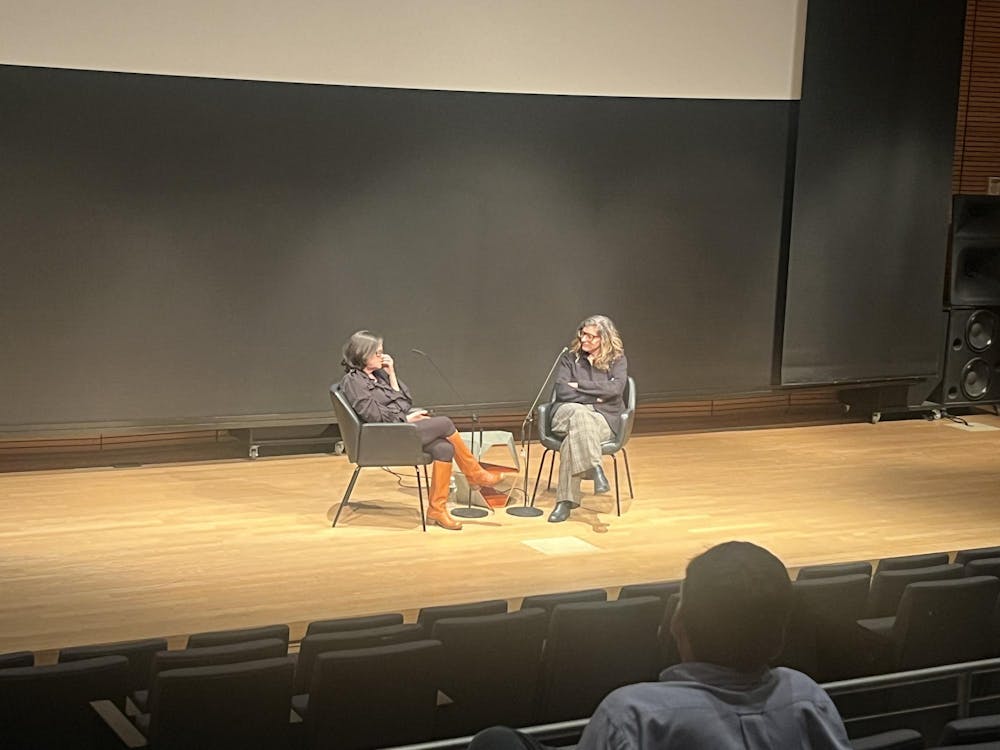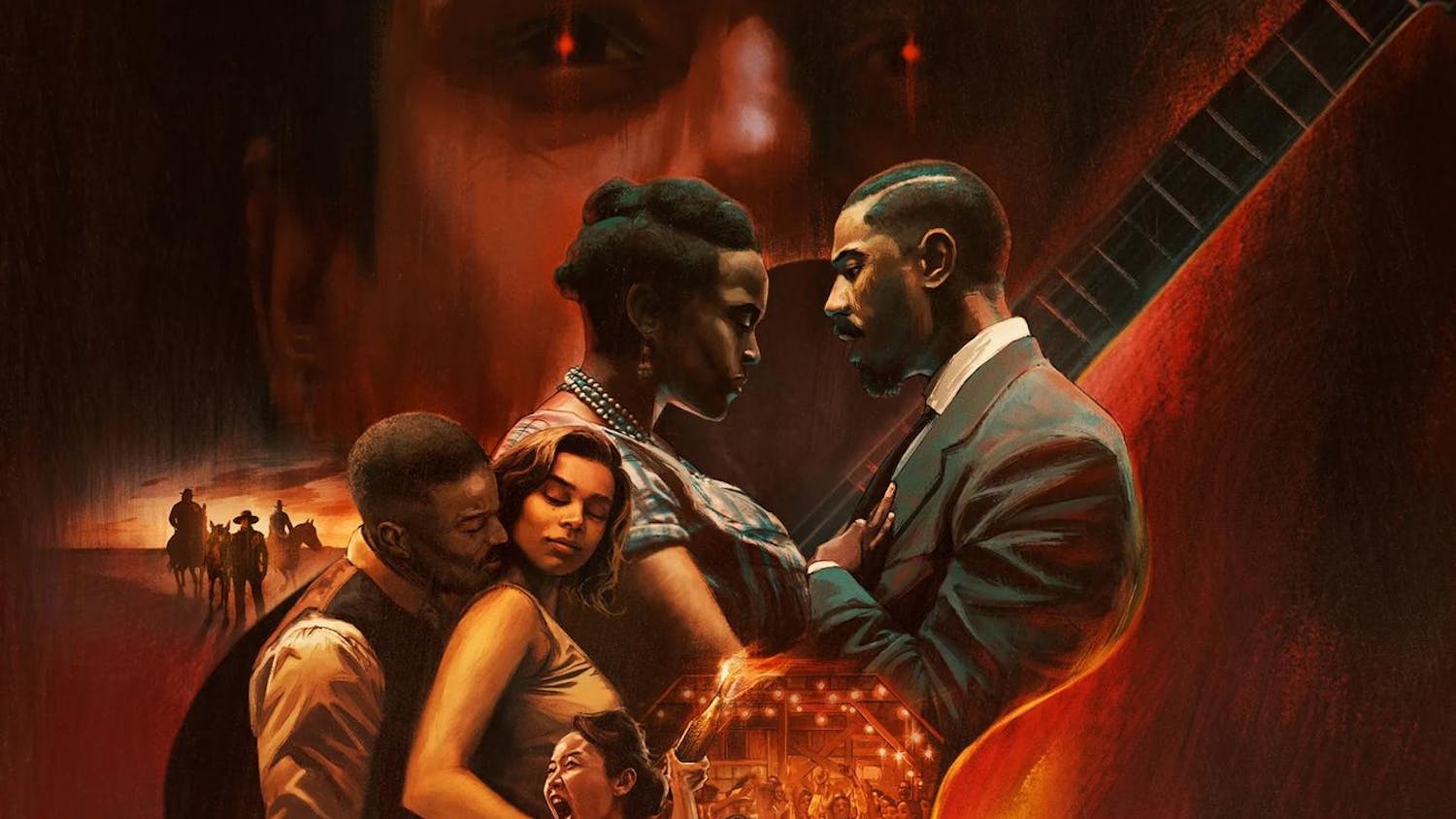On Wednesday, the Modern Culture and Media department hosted a screening of “OR119” — an experimental musical film directed by Jacqueline Goss ’89 and Peggy Ahwesh — at the Martinos Auditorium in the Granoff Center for Creative Arts. Jennifer Montgomery, adjunct assistant professor of MCM, led an open Q&A session with Goss following the screening.
According to Goss’ personal website, “OR119” is a “theoretical musical about the scientist and social thinker Wilhelm Reich.” Exploring Reich and his unconventional work in psychoanalysis and medicine, the film places the scientist in imaginary conversations concerning love, sex and spirituality with contemporary female writers. Throughout the film, Reich converses with thinkers such as Monique Wittig, Betty Dodson and Judith Butler.
“OR119” primarily focuses on Reich’s conceptualization of orgone, a “cosmic life energy force that can be corralled to cure everything,” according to the screening’s program. The film notably channels Reich’s ideas through drawn-out monologues and musical numbers that openly interpret one of his most well-known principles: “Love, work and knowledge are the wellsprings of our lives.”
Through a combination of sequences of unconventional performances, introspective dialogue and long shots of the natural scenery surrounding Orgonon, Goss and Ahwesh craft a cinematic piece that explores Reich’s unique psychoanalytic findings.
Goss noted how the ensemble for “OR119” ended up being diverse in age and background. The ensemble was “a community that (was) a group of older women and then half of us were 25 or less,” she said. “It’s a kind of awkward community, but I felt like there was so much there that was actually important to explore.”
Montgomery, who also acted as Reich in the film, shared that the experience provided her “with all the sensations and joyous expression that I’ve been missing out on in my own life” and challenged her to “live more fully.”
When asked about how she sought to explore the conflict and complicated interpersonal dynamics of Reich’s life, Goss admitted that “a critique that people have (of the film) is that it doesn’t express elements of Reich’s lived experience (and) also the harder, weirder, incongruous bits of his writing.”
“It’s kind of a problem with collaboration … when you are trying to edit a film together, you get to these moments of compromise that sometimes sand off the rough edges,” she said, referring to the challenges she encountered when trying to offer a holistic analysis of Reich’s controversial practices.
Goss went on to discuss how she reinterpreted Reich’s observations in the writing and directing of “OR119.”
“It’s probably a little far-fetched to say that Reich was a feminist, but there are these really interesting points of connection between his writing” and feminist theory, she said.
Discussing the musical aspect of “OR119,” Montgomery commented that the songs featured in the film “express the most negative and conflicted energies … (that are) really different from your typical musical.”
“I love Reich’s writing. I think it’s really interesting and weird,” Goss said, addressing how the film presents the scientist’s unorthodox beliefs through melodies.
Natalie Mitchell ’25, a student in Montgomery’s MCM course “Advanced Projects in Film and Video,” attended the screening as it was held during their regular class time.
Mitchell complimented the film’s “compelling” structure, adding that they “thought it was important that (the film was) investigating while sort of playing with more comparative texts.”
Isabel Hahn is an Arts & Culture editor who concentrates in English and Behavioral Decision Sciences. In her free time, she enjoys watching movies, reading, and journaling.





